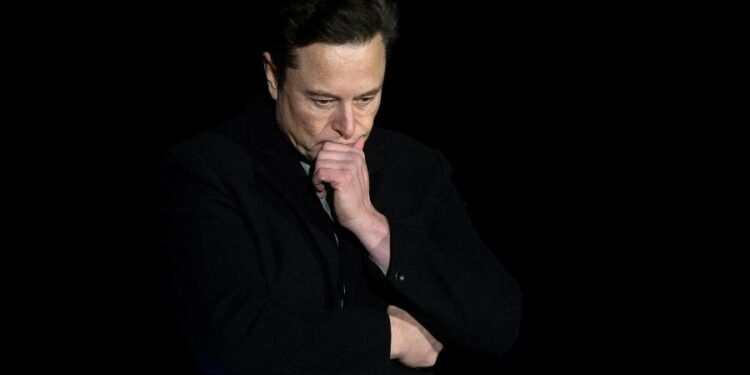If Elon Musk wraps his various businesses under the X Holdings banner expect a surge of interest in some of his lesser-known ventures. That includes The Boring Company, a tunnelling start-up attempting to eliminate traffic by digging into so-called subspace.
Tackling busy roads is long overdue. US commuters spent 36 hours sitting in traffic last year on average, according to Inrix. The US public transit system needs an upgrade. Via Amtrak trains, it takes three hours and 20 minutes to travel from New York to Washington DC, a journey of just over 200 miles. In Japan, the longer train journey from Tokyo to Osaka is almost an hour quicker.
The Boring Company raised $675mn in April at a $5.7bn valuation — six times its value three years earlier. But its investors acknowledge the need for patience. “Elon companies have long gestation periods,” wrote Silicon Valley venture capital group Sequoia Capital.
Exactly how long? Tesla was founded in 2003 and reported its first profitable year in 2020. The Boring Company, founded in 2016, on that timeframe would report profits in 2033.
There are a few complicating factors. Budget concerns can hamper interested cities. A deal in Chicago has already disappeared. Costs will fall as the company engineers new autonomous machines.
Priorities are a moving target too. In 2013, Musk proposed a tube that would carry passengers at 700 miles per hour. In 2017, he proposed plans for a hyperloop between New York and Washington DC. But deals struck so far are for short, inner-city trips at slow speeds. The 1.7 miles of tunnels created in Las Vegas transports passengers in manned vehicles at 35 miles per hour.
The Boring Company remains set on high-speed travel. Morgan Stanley posits the potential for 1,800 miles of tunnels built in major US cities. If networks are widespread the possible integration with autonomous Tesla electric vehicles could lift sales across Musk’s companies. Results may take another decade, but improving transportation would make the wait worthwhile.











